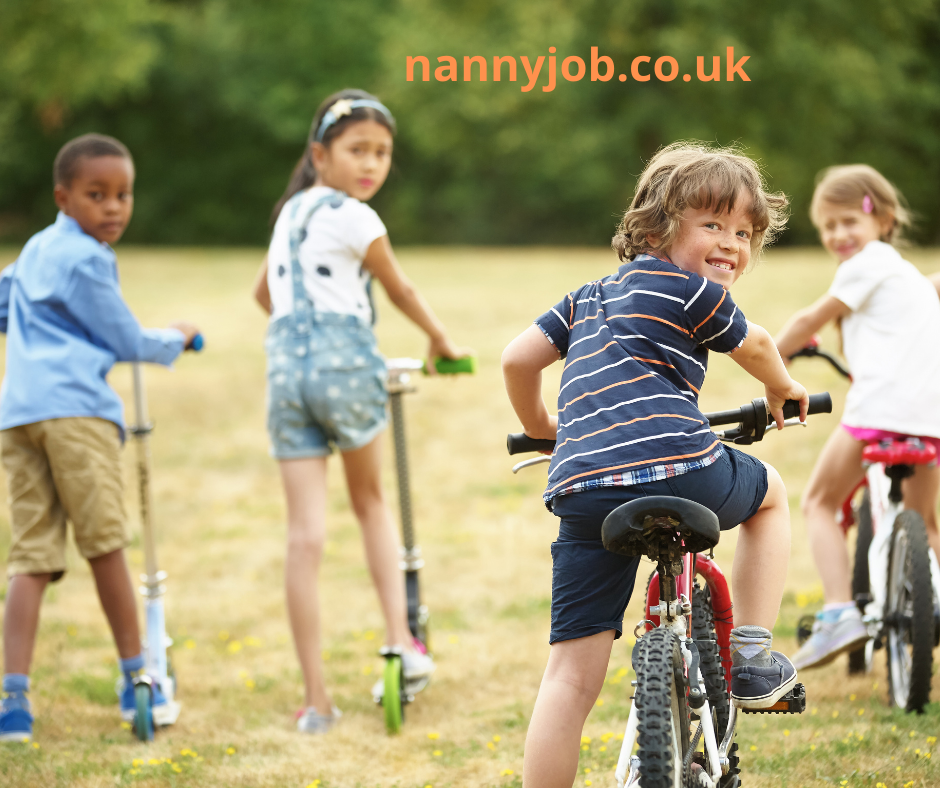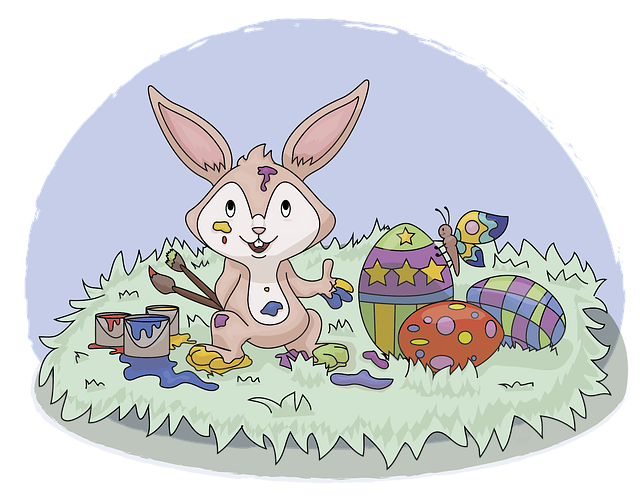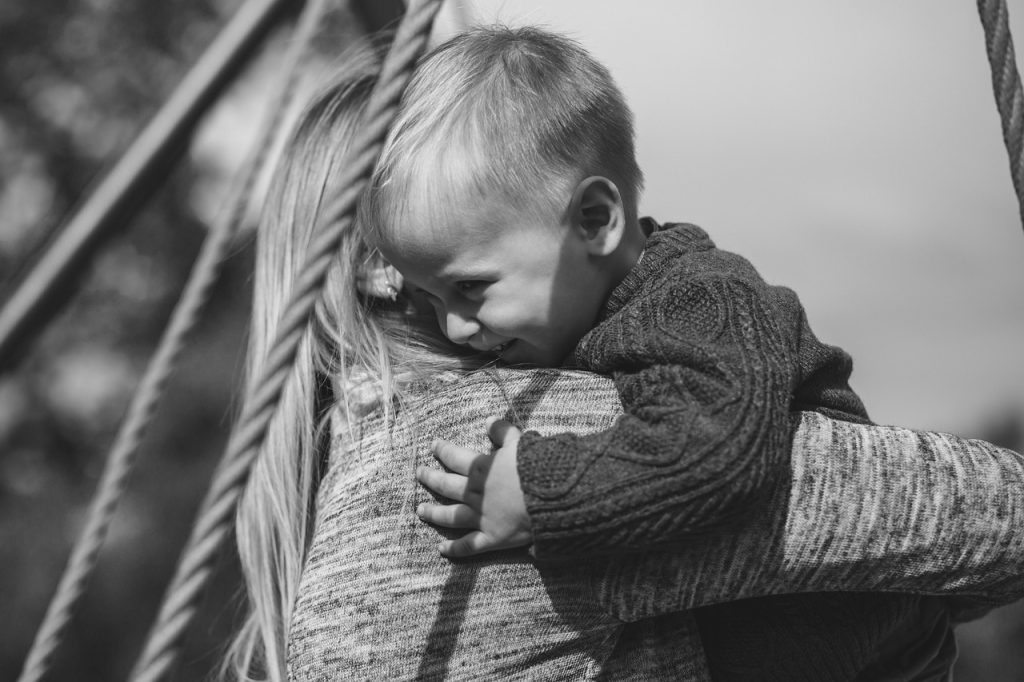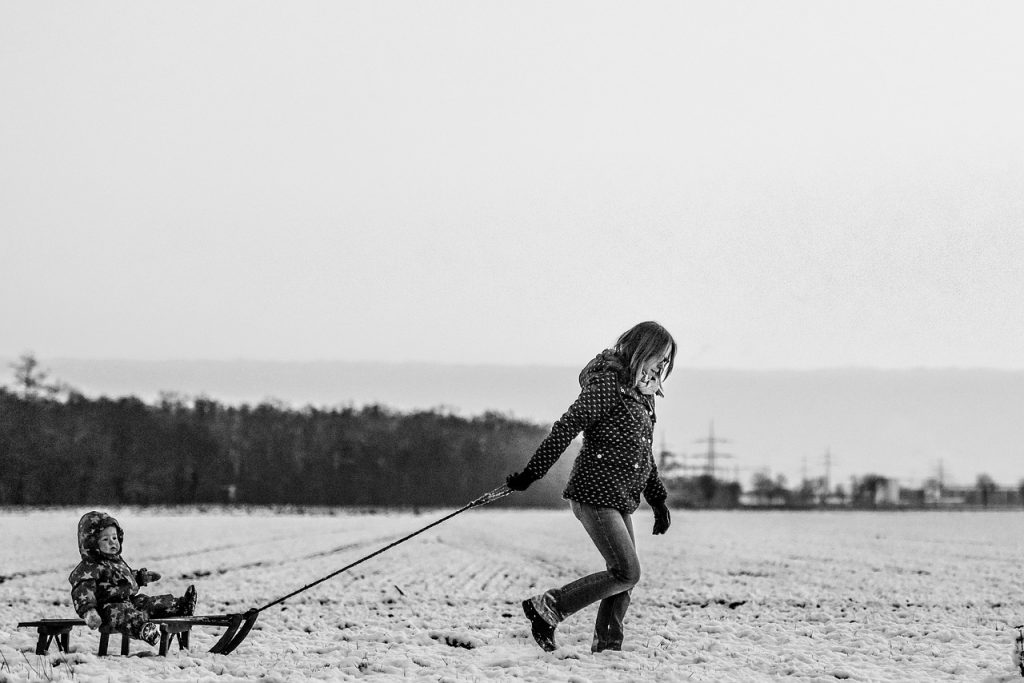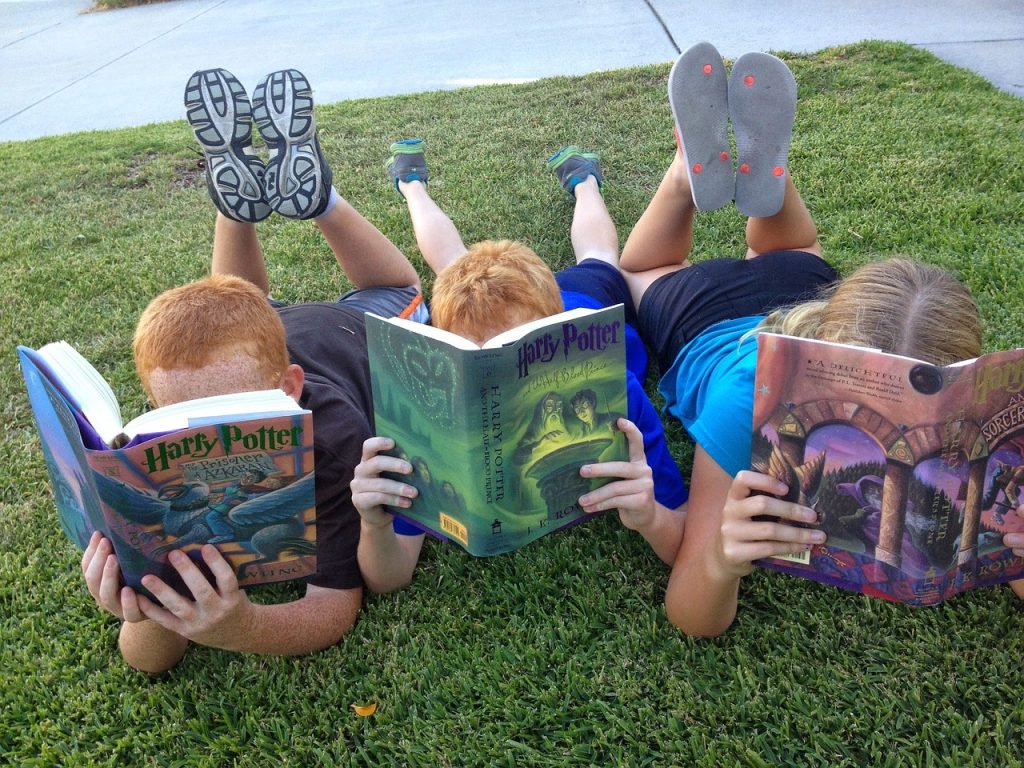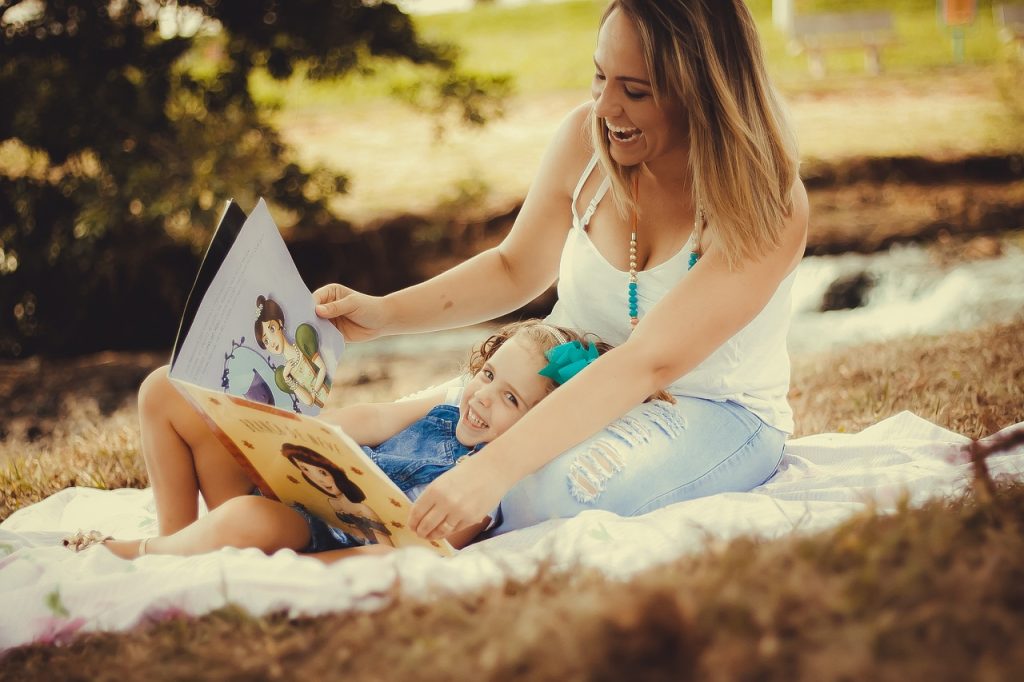There are few things which make a child feel more powerful than small world play. As well as working their fine motor skills it’s also a great opportunity to learn about the world around them and control what happens.
Small world play in the Early Years is a style of imaginative play which uses toys or props. It encourages children to use these small props and their imaginations to create detailed and playful worlds. They can use a range of tools to inspire their play, including toys you can make together.
Here are 5 ways to make small world play even more fascinating:
- Make a real ocean scene by putting sea creatures in a bath. Add some green wool for seaweed for extra fun.
- Separate animals according to their habitat by having two bits of (fake) grass and asking the child to identify which animals belong together.
- Recreate a polar scene with ice cubes. Blitz then in a blender to make snow, or scrape some ice off the inside of the freezer!
- Make a construction site in a sandpit. There are endless hours of fun to be had lifting and tipping sand using miniature diggers.
- Let your imagination inspire a fairy garden. Fill a broken flowerpot with earth, grass and any flowers you want and make some fairies with paths, a miniature swing, a little house or even tiny chairs and tables.


